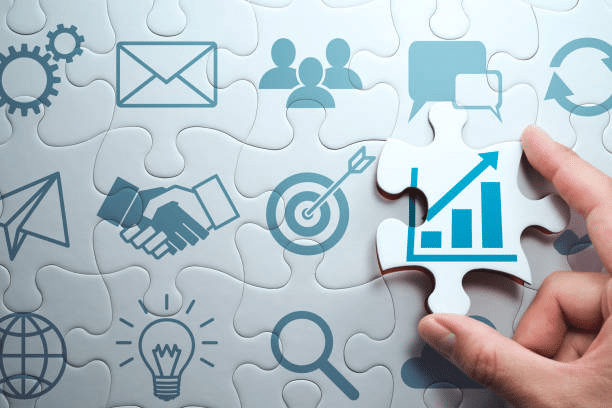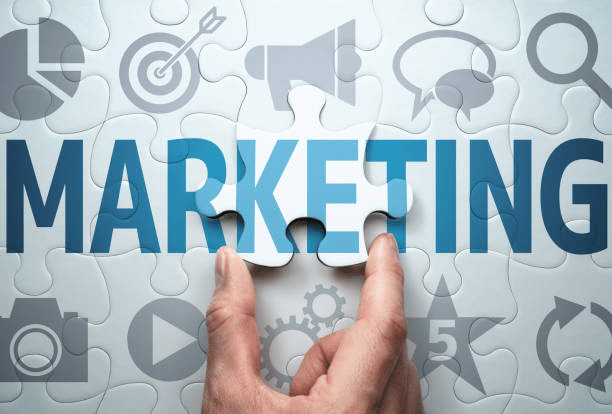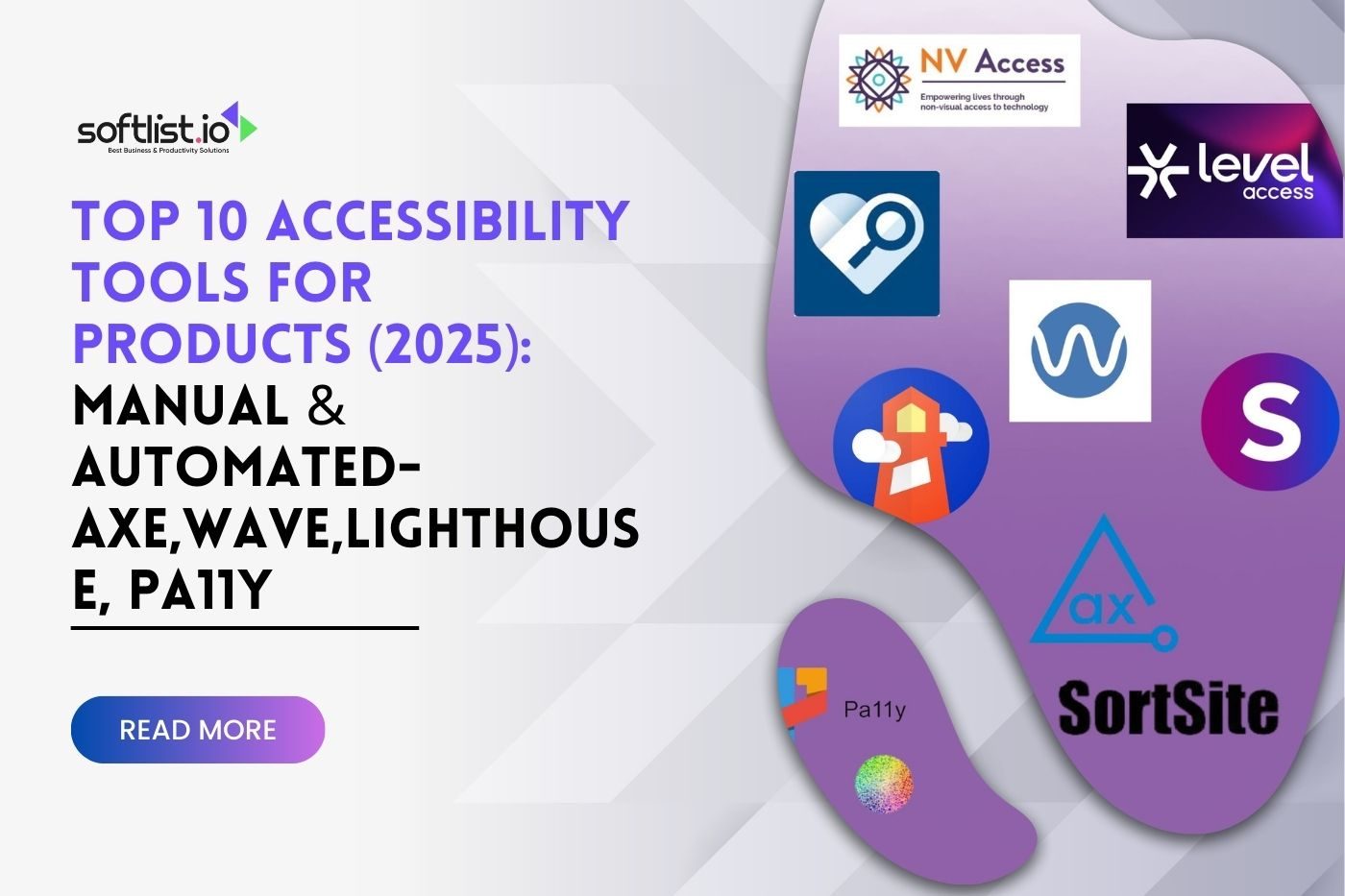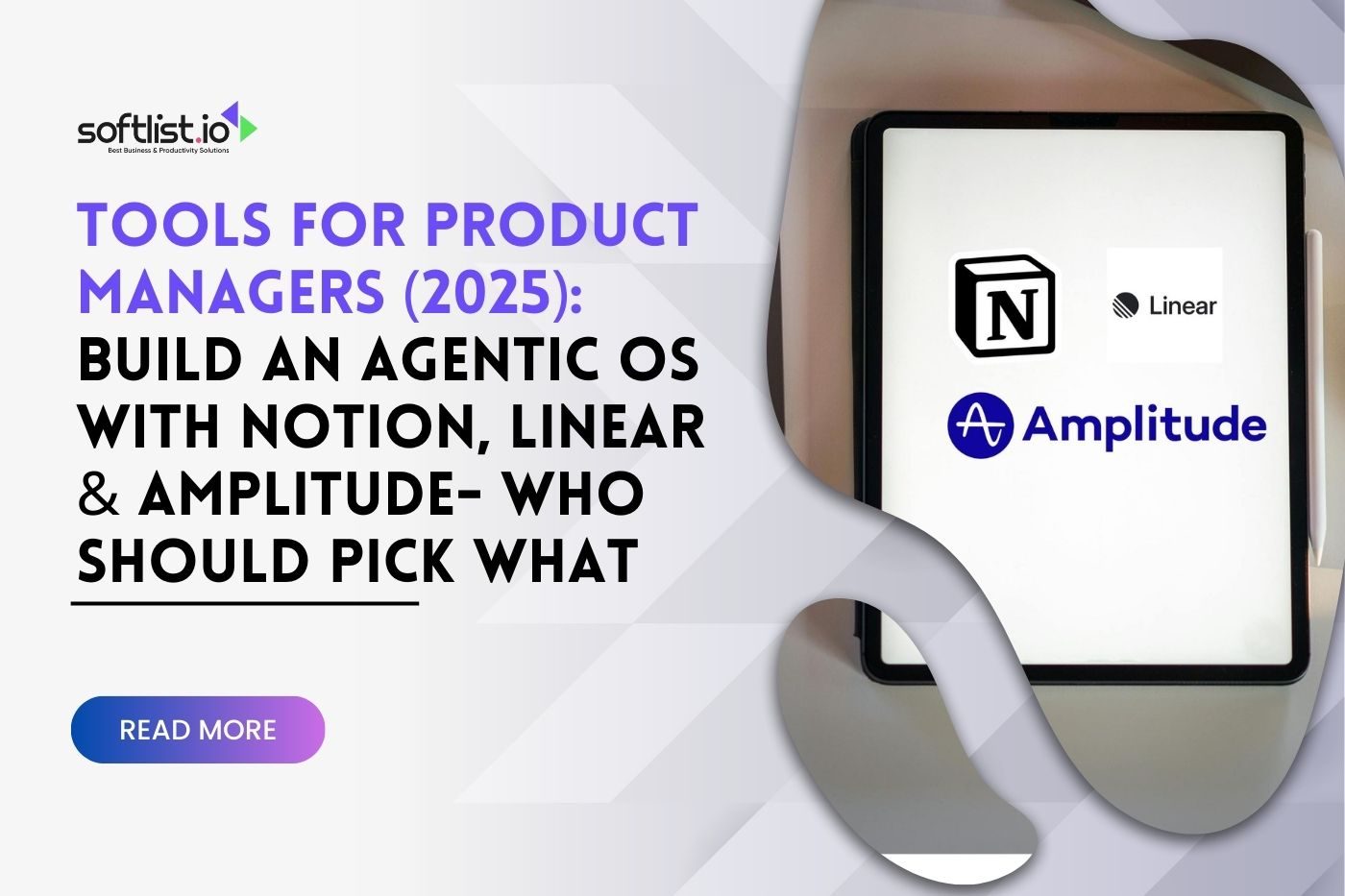AI marketing tools are now widely used to enhance marketing strategies, making them more effective and efficient. This article provides an overview of marketing tools, their benefits, and how they can help businesses achieve better results.
What Are AI Marketing Tools?
AI marketing tools are applications, software, or platforms that leverage machine learning and artificial intelligence to analyze data, optimize marketing campaigns, and personalize content. These These solutions can automate mundane tasks, provide insights, and create more targeted marketing efforts, making them invaluable for businesses of all sizes.
Fundamentals Of AI Marketing Tools

Data Collection And Analysis
AI in marketing tools collect and analyze vast amounts of data from various sources, such as social media platforms, website analytics, and customer interactions. It helps marketers to make data-driven decisions, identify trends, and better understand customer behavior.
Customer Segmentation
AI tools can analyze customer data to identify commonalities and segment customers. It allows marketers to create more targeted campaigns, ensuring the right message reaches the right audience.
Personalization
AI marketing tools can help deliver personalized content and offers to individual customers based on their preferences, behavior, and purchase history. It improves engagement and customer satisfaction while increasing the likelihood of conversion.
Predictive Analytics
AI marketing tools can use historical data and machine learning algorithms to predict future customer behaviors, such as purchase patterns or churn rates. It enables marketers to create more effective strategies, anticipates customers’ needs, and engage customers more aggressively.
Chatbots And Virtual Assistants
AI-powered chatbots can handle customer inquiries, guide users through sales, and provide personalized recommendations. They can also gather customer data for further data analysis and improvement of marketing strategies.
Natural Language Processing (NLP)
NLP allows an AI marketing tools to understand and interpret human language, including text and speech. This capability can be utilized for sentiment analysis, content generation, brand language optimization and keyword extraction, among other applications.
Social Media Monitoring
Such tools can monitor social media platforms to track brand mentions, sentiment, and trends. It helps businesses to understand customer opinions better, respond to customer concerns, and identify potential influencers.
Content Generation And Optimization
AI-powered content tools can assist marketers in generating and optimizing content, including blog posts, social media updates, and ad copy. These tools can help create more engaging and relevant content, improving SEO and increasing conversions.
Marketing Automation
AI marketing tools can automate repetitive tasks, such as sending email campaigns, scheduling social media posts, and managing paid advertising. It reduces the workload for marketers and allows them to focus on higher-level strategic tasks.
Performance Tracking And Optimization
AI marketing tools can continuously track and analyze campaign performance, making data-driven recommendations for optimization. It helps marketers continually improve their strategies and achieve better results.
Key Benefits Of AI Marketing Tools

Improved Customer Targeting
AI marketing tools analyze customer data to identify patterns and segment customers. It enables marketers to create targeted digital marketing campaigns that cater to specific customer needs. As a result, businesses can deliver personalized messages and offers, increasing the chances of conversion.
Personalized Content
AI marketing tools use customer data to identify preferences and behavior, enabling personalized content creation. This tailored content boosts engagement by resonating with individual customers. Higher engagement leads to increased conversion rates and improved overall marketing effectiveness.
Enhanced Efficiency
AI marketing tools automate routine tasks like email campaigns and social media scheduling. It streamlines marketing processes, saving time and resources. Marketers can then focus on strategic planning and higher-level tasks to enhance overall campaign effectiveness.
Better Decision-making
AI marketing tools analyze large data sets to uncover valuable insights and trends. These data-driven findings empower marketers to make informed decisions about their strategies. Consequently, digital marketing efforts become more effective and better aligned with customer needs and preferences.
Predictive Analytics
AI-powered predictive analytics use historical data and machine learning to forecast customer behavior and trends. This foresight enables marketers to adapt their strategies proactively. By staying ahead of the curve, businesses gain a competitive advantage in the market.
Popular AI Marketing Tools
Chatbots: These AI-powered conversational agents provide instant customer support, generate leads, and gather valuable customer data.
Social media management tools: AI can analyze social media data, identify trends, and optimize posting schedules to maximize engagement.
Email marketing tools: AI can create personalized email campaigns and segment customers based on their preferences, increasing open and click-through rates.
Content creation tools: AI-powered tools can generate blog posts, social media updates, and other marketing materials, saving time and resources.
Sentiment analysis tools: It analyzes customer feedback and comments to identify trends and sentiments, allowing marketers to understand their audience better.
Predictive analytics tools: AI can analyze past customer behavior to predict future actions and identify potential upselling or cross-selling opportunities.
Implementing AI Marketing Tools
a. Identify goals and objectives: Before selecting an AI marketing tool, you must clearly understand your business goals and how AI can help achieve them.
b. Evaluate options: Research various AI marketing tools and their features to determine which suits your business needs best.
c. Pilot and scale: Test the selected AI marketing tool on a small scale before fully integrating it into your AI marketing strategy. It will allow you to identify potential issues and fine-tune the tool for optimal performance.
d. Monitor and optimize: Continuously monitor the performance of your AI marketing tool and optimize it based on insights gained. It will ensure you maximize the benefits and stay ahead of the competition.
Ethical Considerations And Challenges

Data Privacy And Security
AI marketing tools often rely on large datasets, including personal customer information, to make predictions and generate insights. Ensuring the protection of user privacy and the security of their data is critical. Companies must adhere to data protection regulations like GDPR and CCPA and implement robust security measures to prevent data breaches.
Bias And Discrimination
AI algorithms are not immune to bias, which may be introduced through biased training data or modeling processes. It could result in unfair targeting or exclusion of specific demographics, leading to discriminatory marketing practices. It’s important to curate and preprocess training data carefully and to audit AI systems to detect and correct any biases regularly.
Transparency
Opaque AI systems can create mistrust and skepticism among consumers and regulators. Companies should strive to make their AI marketing tools transparent and understandable so that users can make informed decisions about their participation in targeted marketing campaigns.
Manipulation And Persuasion
AI-driven marketing tools may create hyper-personalized content that could exploit users’ emotions and psychological vulnerabilities, potentially leading to manipulation and undue influence. Companies should be cautious in using such techniques and maintain a balance between effective marketing and respecting user autonomy.
Accountability And Responsibility
It’s essential to establish clear lines of responsibility for the actions and decisions made by AI marketing tools. Companies should have a system to monitor and manage AI’s behavior, ensuring that it aligns with their ethical standards and values.
Job Displacement
Adopting AI marketing tools may result in job displacement for marketing professionals, as AI systems can automate many tasks traditionally performed by humans. Companies should consider reskilling and upskilling opportunities to help employees adapt to the changing job landscape.
FAQs
How do AI marketing tools work with targeted advertising?
AI marketing tools analyze consumer behavior, preferences, and demographics. By finding patterns, AI algorithms create targeted ad campaigns that reach specific customers with personalized content. It helps businesses get the most out of their marketing budget and makes their ads more effective.
How can AI marketing tools improve marketing analytics?
AI marketing tools process and examine vast amounts of data quickly. They find patterns and connections that humans might miss, helping businesses better understand customer behavior, campaign results, and market trends. It leads to smarter decisions and strategies based on data.
How can AI marketing tools improve marketing ROI (Return on Investment)?
AI marketing tools raise ROI by fine-tuning ad targeting, tailoring content, and automating tasks, increasing engagement and conversions. With data-driven insights and suggestions, AI marketing tools help businesses make better choices, use resources wisely, and cut spending on poor campaigns.
Can AI marketing tools help in identifying new market opportunities?
Yes. AI marketing tools can spot new market chances by studying market trends, and the customer likes, and competitors’ actions. They can reveal new customer groups, find trends, and estimate how well new products or services might do. It helps businesses make strategic moves and reach more customers.
Final Thoughts
Understanding AI marketing tools is vital for businesses using artificial intelligence to refine marketing plans. These tools aid in making choices based on data, automating tasks, and providing tailored content to boost customer interaction and marketing ROI. As technology grows, staying updated on AI marketing tool advancements is crucial for success in a competitive business world.
Check out our website today to learn more about AI marketing tools and their benefits for your business.








